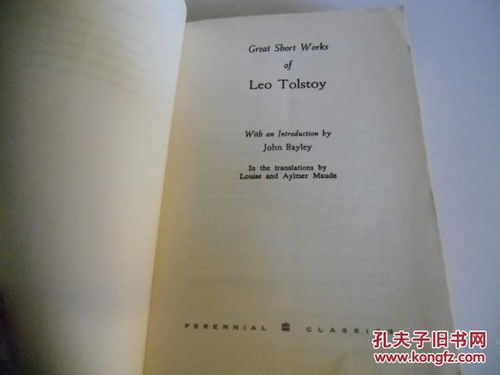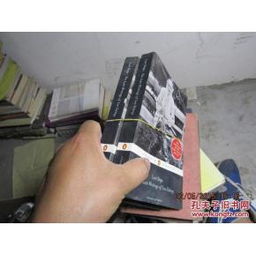
Biosketch of Leo Tolstoy
Leo Tolstoy, a name that resonates with the very essence of Russian literature, was not just a writer but a philosopher, a moralist, and a social critic. Born on September 9, 1828, in Yasnaya Polyana, Russia, his life was as complex and multifaceted as his works. Let’s delve into the various dimensions of this remarkable individual.
Early Life and Education

Leo Nikolaevich Tolstoy was born into a noble family, the Tolstoys, who owned extensive land in central Russia. His father, Nikolai Ilyich Tolstoy, was a landowner and a soldier, while his mother, Maria Nikolaevna Tolstaya, was a pious woman who instilled in her son a strong sense of morality and spirituality. Leo’s early education was primarily at home, with tutors who introduced him to literature, history, and philosophy.
At the age of 18, Tolstoy entered the University of Kazan, where he studied law. However, he found the academic environment unfulfilling and dropped out after two years. His time at the university, though brief, had a profound impact on him, as he began to question the values of his society and the institution of slavery.
Military Service and Early Writing

After leaving the university, Tolstoy joined the cavalry and served in the Crimean War. His experiences during the war, particularly the horrors of battle, deeply affected him and influenced his later writing. It was during this period that he began to write short stories and essays, which were published in various journals.
One of his earliest and most famous works, “Sevastopol Sketches,” was a collection of short stories based on his experiences during the Crimean War. These sketches were well-received and helped establish Tolstoy’s reputation as a writer.
The Novels: War and Peace and Anna Karenina

Leo Tolstoy’s two most famous novels, “War and Peace” and “Anna Karenina,” are masterpieces of Russian literature. “War and Peace,” published in 1869, is a sprawling epic that covers the Napoleonic Wars and the lives of several families. The novel is renowned for its vivid portrayal of human emotions, its philosophical depth, and its intricate narrative structure.
“Anna Karenina,” published in 1877, is a tragic love story that explores themes of morality, social norms, and the human soul. The novel is considered one of the greatest works of fiction ever written and has been translated into numerous languages.
Philosophical and Religious Views
As Tolstoy grew older, his interest in philosophy and religion deepened. He became increasingly critical of the Russian Orthodox Church and its teachings, which led him to develop his own religious and philosophical beliefs. Tolstoy believed in the importance of simplicity, humility, and the pursuit of spiritual truth.
His later works, such as “The Kingdom of God Is Within You,” reflect his evolving beliefs. In this essay, he argues that the kingdom of God is not a place to be reached after death but a state of being that can be achieved in this life through self-improvement and the practice of Christian virtues.
Controversies and Legacy
Leo Tolstoy’s life was marked by controversy. He was a vocal critic of the Russian government and its policies, which led to several run-ins with the authorities. In 1901, he was excommunicated from the Russian Orthodox Church for his heretical views.
Despite the controversies, Tolstoy’s legacy as a writer and thinker is enduring. His works continue to be studied and admired around the world, and his philosophical and religious ideas continue to inspire people today.
Personal Life
Leo Tolstoy was married twice. His first wife, Maria Nikolayevna Volkonskaya, was a woman of strong character and intellect who supported him throughout his life. They had thirteen children together. After Maria’s death in 1865, Tolstoy married Sofya Andreyevna Behrs, who became his closest confidant and editor.
Despite his many achievements, Tolstoy remained a deeply private individual. He spent much of his time in seclusion, reflecting on his life and writing. In his later years, he became increasingly concerned with the suffering of the poor and the plight of the working class




